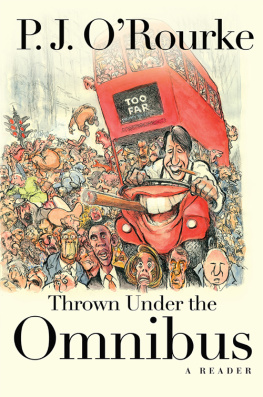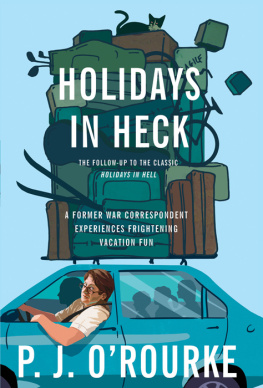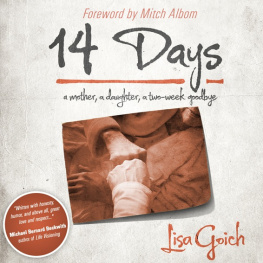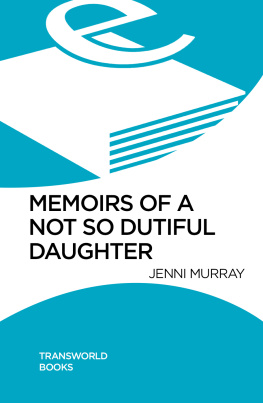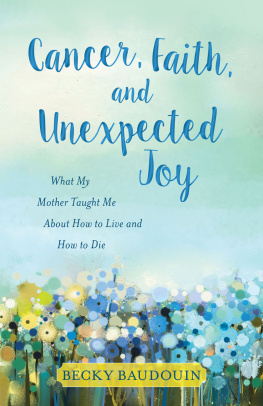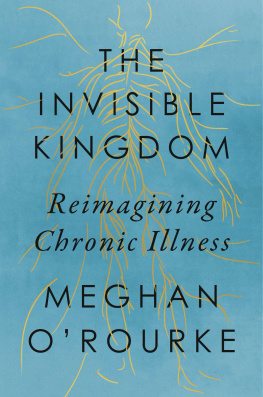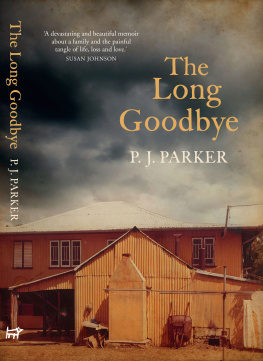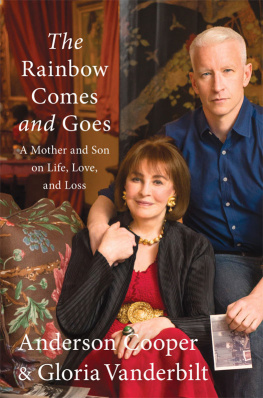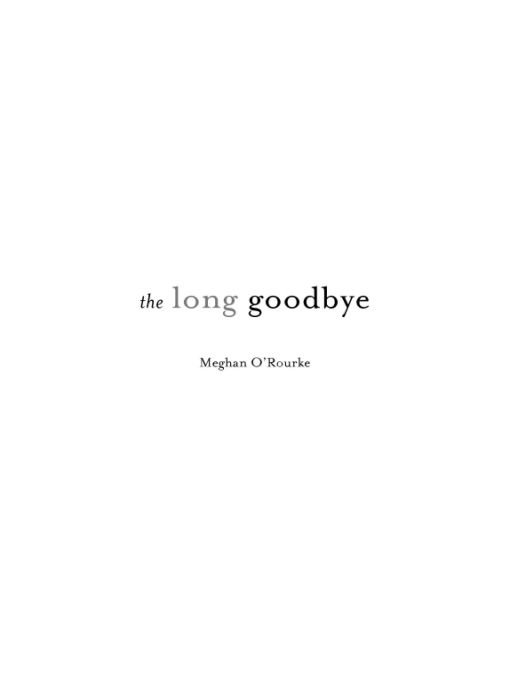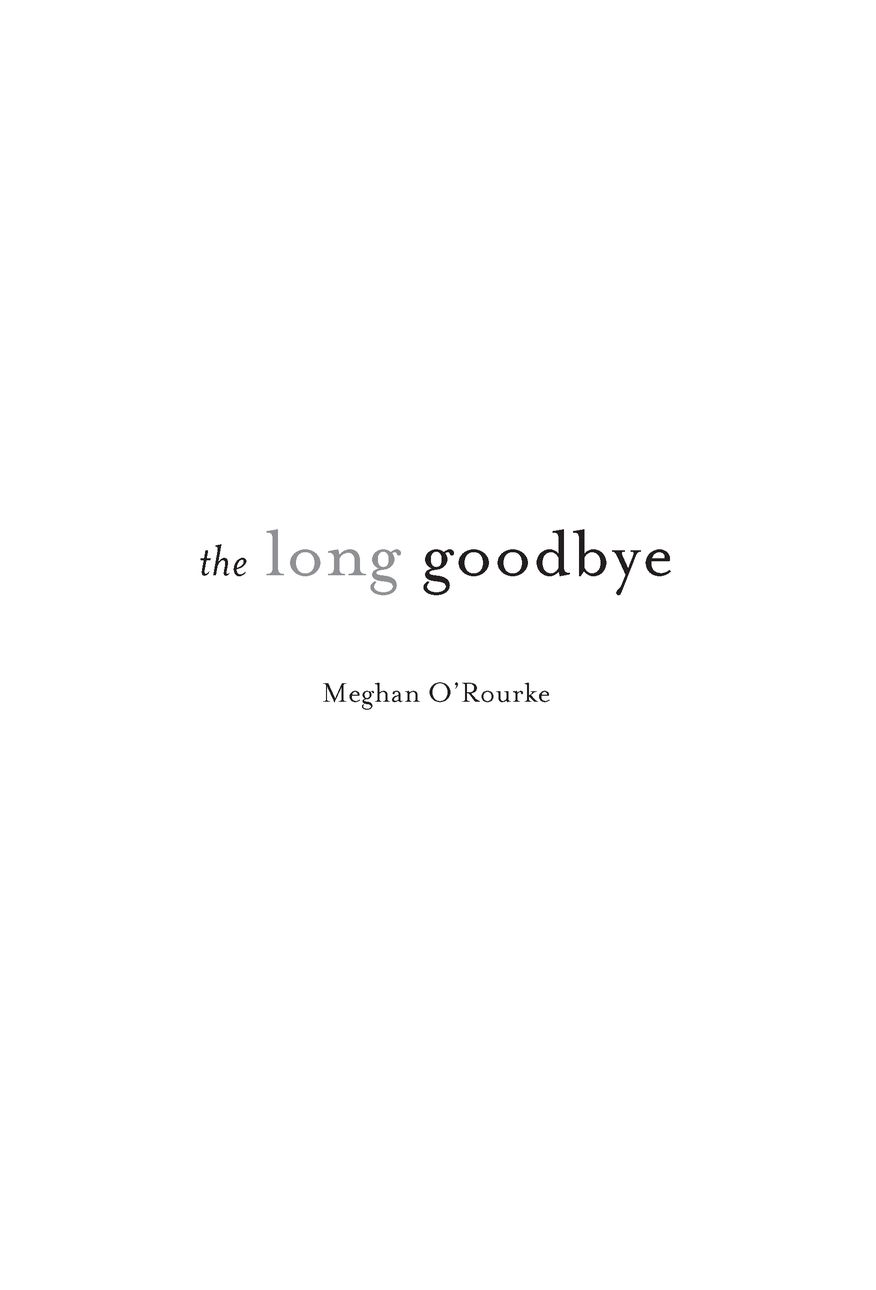Table of Contents
ALSO BY MEGHAN OROURKE
Halflife: Poems
RIVERHEAD BOOKS
a member of Penguin Group (USA) Inc. New York 2011
O Gilgamesh, where are you wandering?
You cannot find the life you seek:
When the gods created mankind,
For mankind they established death,
Life they kept for themselves.
You, Gilgamesh, let your belly be full,
Keep enjoying yourself, day and night!
Every day make merry,
Dance and play day and night!
THE EPIC OF GILGAMESH, TRANSLATED BY ANDREW GEORGE
The bereaved cannot communicate with the unbereaved.
IRIS MURDOCH
for my brothers and father,
and
in memory of Barbara Kelly ORourke
{prologue}
When I was a girl we visited a town on the banks of the Batten-kill every summer. The cold river cut through a valley in the Green Mountains of Vermont and here the pioneers had stopped and settled, razing the land to make way for corn and cows and building a church and a covered bridge and barns.
We went in June and stayed till September in a cabin owned by friends. At noon we swam in the chill of the river and at dusk we walked through the fields across Route 7 to pick ears of corn under the massing gray clouds. The rows of corn were taller than my brother and I, and I was sure that one day we would be kidnapped by goblins and forced to save ourselves before becoming benevolent rulers of whatever magic kingdom wed been transported to. We read books on the porch all afternoon. As night fell my father built a pyramid of charcoal on the grill and lit it and my mother cut vegetables and he opened a bottle of wine and she sat and talked with him while the coals burned down to a fine gray shine. I could hear the sounds of their voices filtered through the screen windows and into the sentences of my book like a prayer. My brother sat on the other side of the couch drawing or reading or singing nonsense songs and sometimes I kicked him to make him sit farther away from me.
We were a family.
I was a child of atheists, but I had an intuition of God. The days seemed created for our worship. There was grass and flowers and clouds. And then there were the words for these things: mares tails and a mackerel sky, daylilies and ladys slippers and lilacs and hyacinth. There were words even for the weeds: goldenrod and ragweed and Queen Annes lace. You could feed yourself on the grandeur of the sounds.
I liked to lie on the grass beside the house before dinner, as the sun faded, and watch the twilight overtake the clouds. In the dusk you could see the white clouds move. The first time, I cried out to my mother that I could detect the earth turning. I dont think so, she said. Thats the wind blowing the clouds. I knew she must be wrong. Lying there on the ground gave me a tickling feeling, as if I might fly up into the sky or sink down into the earth itself.
Each day was holy and lazy and boring. In the mornings I got up and read on the couch in my sleeping bag. The sun would rise and the cloud tips would show over the pines and I would go downstairs with my book to fix a bowl of Raisin Bran. I pretended it was bran mash because I wanted to be a horse. It seemed to me better to be an animal than a human. In those minutes Id still have the imprint of my mother or my father kissing me good night before turning the light off and I liked to be alone with that feeling of protection in the new day. I liked that protection.
Sometimes, if it wasnt too damp with dew, I called the dog and took a tennis ball and set off up the dirt road to explore. The cabin was on the side of a mountain and there were paths cut into the woods that you could walk. On these paths I would throw the ball far into the underbrush for Finn to chase. I wanted to find out how good a tracker he was. He wouldnt return until he had found the ball. One day I threw the ball so far into a thicket that he didnt come back. At first I could hear him snuffling around and then I could not. I called and called for him and finally turned for home. I thought of him in the anonymous woods searching and refusing to face me until he had done what I had asked of him. He might never come back. My stomach got heavy.
When I got home, I confessed to my mother, feeling ashamed. We took the car to look for him but couldnt find him. Hell come back, she said, but I knew she was trying to comfort me.
Later, as we sat reading, we heard a crashing in the woods by the house. Out came Finn from the goldenrod, mud-draggled, adorned in prickers, tail high, tennis ball in his mouth. He dropped it, wagging his tail: Here. Like a woolen blanket, responsibility settled over me, thick and confining. What I loved wasnt as safe as I thought it was.
Some afternoons we just messed around in the big field by the cabin. I would run into the shoulder-high grasses and Finn would follow me, darting off to sniff at things, turning back to make sure I was OK. One day, as we were out in the field, Finn began circling wildly, paying me no attention. It was some excitement native to his being. The circles got tighter and smaller and then he stopped stock-still, one foot drawn up.
I thought he had gone crazy with epilepsy like our old dog, Puck. I started to cry. (I always thought I was tough, with my tomboyish clothes and bare feet, until something went wrong.) Then three wild turkeys rose ruffling up into the sky. He barked and jumped. When they were high in the air he calmed at last. Finn! I yelled, and swatted him hard behind the ears. I went back to the cabin, dragging him by the chain collar.
I told my mother what had happened.
I think he might be going crazy like Puck.
No, sweetie. Thats called flushing and pointing, she said, setting the table, her thick black hair wet against her back. Thats what he was bred to do.
When we are learning the world, we know things we cannot say how we know. When we are relearning the world in the aftermath of a loss, we feel things we had almost forgotten, old things, beneath the seat of reason. These memories in me of my mother are almost as deep as the memories that led Finn to flush and point. As the fireflies began to rise one summer evening, my mother called to us. Look, she said. See them? Run and get a jar and a can opener. And my brother and I ran in for jars and our mother poked holes in the lids and sent us across the lawn to catch the fireflies. The air was the temperature of our skin.
I.
CHAPTER ONE
{love}
My mother died of metastatic colorectal cancer shortly before three p.m. on Christmas Day of 2008. I dont know the exact time of her death, because none of us thought to look at a clock for a while after she stopped breathing. She was at home in Connecticut in a hospital bed in the living room with my father, my two younger brothers, and me. She had been unconscious for five days. She opened her eyes only when we moved her, which caused her extreme pain, and so we had begun to move her less and less, despite cautions from the hospice nurses about bedsores. A bedsore wasnt going to kill her.
For several weeks before her death, my mother had experienced confusion from the ammonia that built up in her brain as her liver began to fail. Yet I am irrationally confident that she knew what day it was when she died. I believe that she knew we were around her. I believe she chose to die when she did. Christmas was her favorite day of the year. She adored the morning ritual of walking the dogs and making coffee while we waited impatiently for her to be ready; she taught us to open presents slowly, drawing the gift-giving out for hours. On that last day, her bed was in the room where our tree was, and as we opened presents, she made a madrigal of quiet sounds, as if to indicate that she was with us. Her hair was swept up behind her, and she looked like the mother of my earliest memories.


